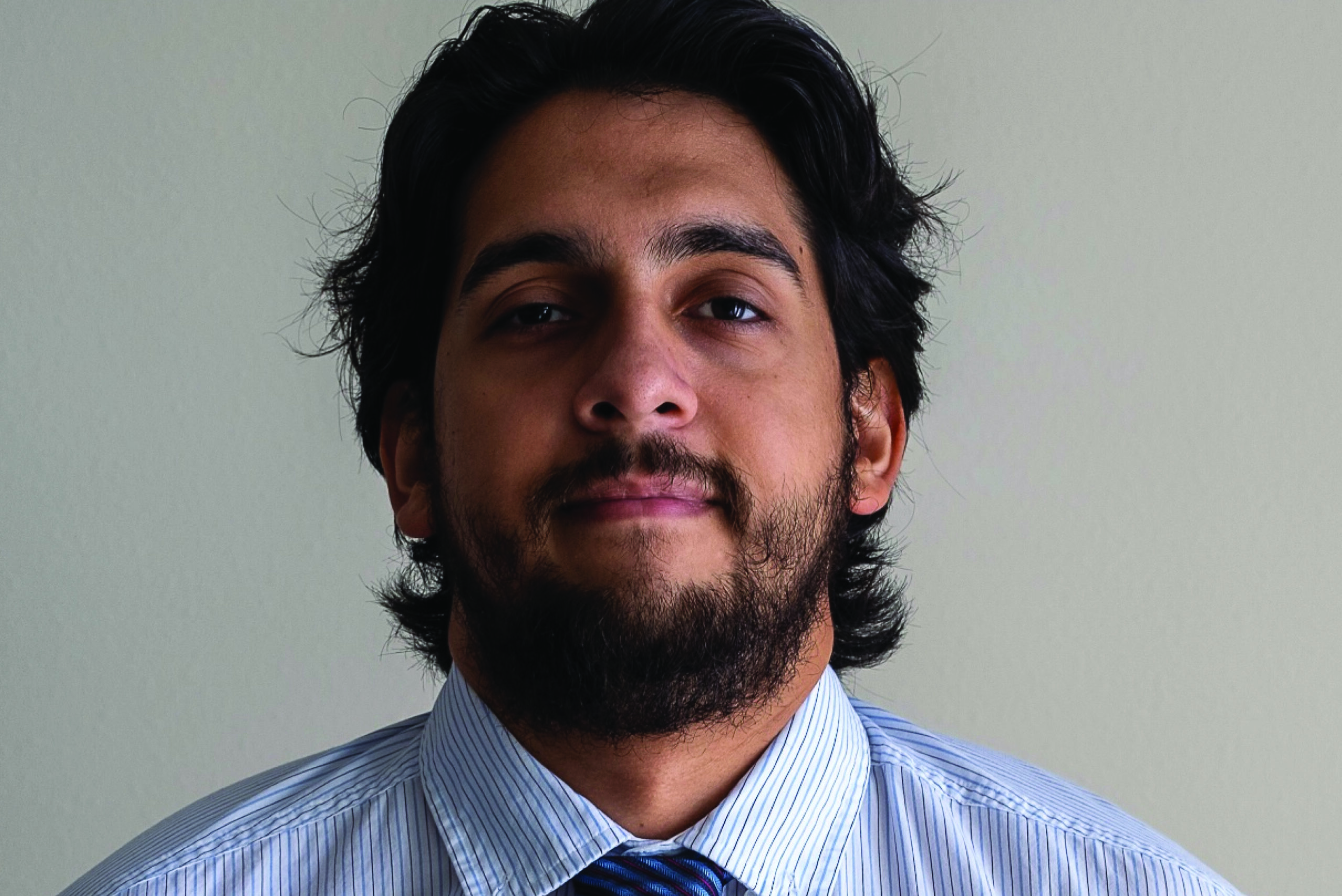Congratulations to Dr. Ospina for receiving a Clinical Translational Science Award Program Diversity Supplement! Well-deserved achievement!”

Funded by the National Center for Advancing Translational Science (NCATS), the CTSA Program diversity and re-entry research supplements aim to enhance diversity in health-related research and facilitate re-entry into biomedical and behavioral research careers. These supplements are designed to strengthen the clinical and translational research workforce, fostering improvements in the quality, safety, efficiency, and speed of clinical and translational science research nationwide. This year, we are thrilled to announce that Dr. Santiago has been selected as a recipient of one of these highly competitive awards.
Last year, BU CTSI issued a Request for Applications (RFA) to be submitted to NCATS for consideration. Dr. Santiago was chosen to submit a full proposal, and his selection reflects his exceptional qualifications and potential. These awards play a vital role in enhancing the diversity of the research workforce by supporting eligible investigators from diverse backgrounds.
Dr. Ospina’s achievement comes with a prestigious 2-year award that covers salary, fringe benefits, travel, and funding for supplies, enabling him to contribute significantly to the field of translational science.
Discover Dr. Ospina’s Journey:
Dr. Santiago Rodriguez Ospina received his Ph.D. from the University of South Florida in Molecular Medicine. He then attended Boston University to pursue a postdoc in chemical biology under Dr. Daniel Dempsey.
His current research titled “Defining the role PTMs have in regulating USP7’s function and substrate selection” is on the function and mechanism of post-translational modifications and their influence on cancer biology. Dr. Ospina and his team are probing the molecular features that govern USP7 and USP10 substrate recognition, while also investigating how PTMs regulate their function. They expect this project to illuminate the interplay and importance of PTMs and deubiquitinases, which can lead to a rational approach to developing new therapeutics for hematological malignancies.
As an underrepresented scientist, CTSI has provided him with the resources and opportunities to continue pursuing his research of interest and career development. CTSI has also built an environment for success while promoting diversity and inclusion for his peers. Dr. Ospina is also benefiting from the numerous resources that will better prepare him for the next steps of his career.
All Success Stories